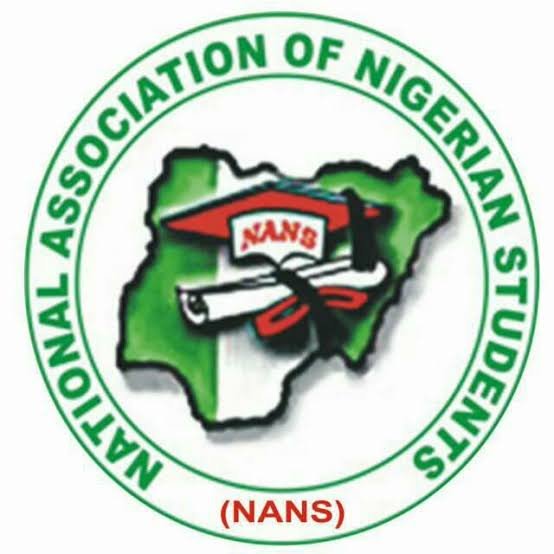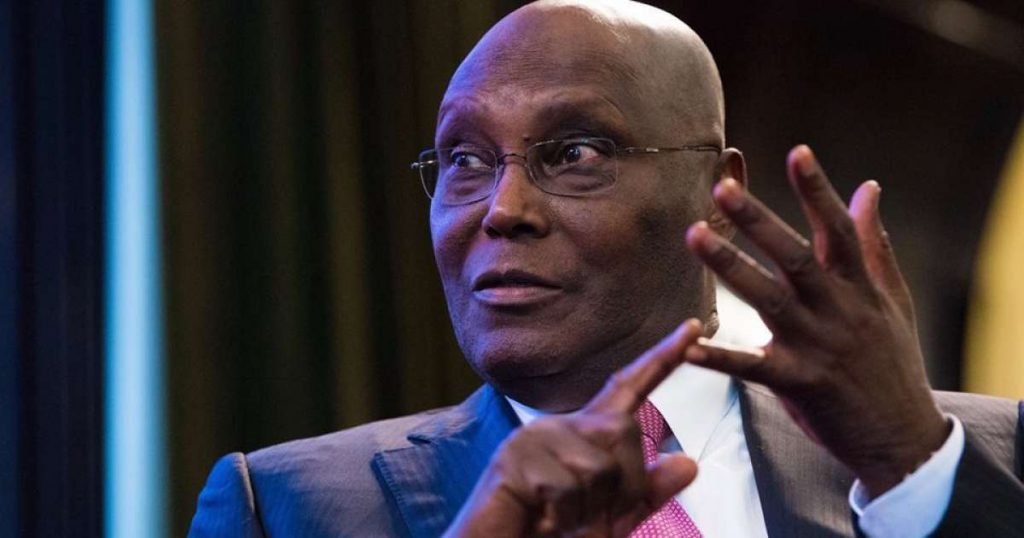
A policy group has observed that Vice President Yemi Osinbajo, compared with many advocates and public opinion leaders has advanced the course of restructuring more and even farther than any other person in and out of government since the country returned to democracy in 1999.
The Global Economic Policy Initiative (GEPIn) in a statement noted that since 1999 no one in governance has done more to restructure Nigeria, stressing that, many politicians and sundry groups have only been paying lip service to the issue of restructuring.
The group argued that Prof Osinbajo’s long-running commitment to key elements of restructuring including fiscal federalism and devolution of powers, both while in and out of government is unrivalled.
Outlining some of his contribution to restructuring, the group’s chairman, Bernard Okri explained that it is mischievous to say the Vice President is not committed to restructuring, stressing that, attempts to use his rejection of a geographical restructuring as a wholesale rejection of the ideas around the restructuring debate is petty.
“It is already a well-known public record that Prof. Osinbajo is a firm believer of fiscal federalism and the devolution of power, including State Police.
Okri added that, “Chairing the National Economic Council (NEC) retreat Prof Osinbajo gave a directive for the commencement of implementation of a Community Policing Programme.”
“He followed this up when he met with the Community Policing Steering Committee headed by the DIG Operations, Mr Habila Joshak, to assess progress made in the implementation of the community policing programme.
READ: NCC admits malpractices in telecom sector
“Recently, at the 91st NEC meeting heresolved to explore how the operations of the Nigeria Police can be decentralised in order to improve the level of policing and security in the country.
“The council also set up a committee of state governors and the Inspector-General of Police to ensure the decentralization,” Okri added.
He explained that Prof Osinbajo’s bid for restructuring dates to 1999 when he was Attorney General of Lagos. “As Attorney-General in Lagos State between 1999 and 2007, Prof. Osinbajo went to court no less than 10 times on issues of fiscal federalism.”
He noted that the Lagos State government working closely with the State House of Assembly challenged the Federal Government and the National Assembly before the Supreme Court in several cases designed to deepen the independence and autonomy of states.”
Okri said the Supreme Court established four key principles in the cases. “The first is that states could, by law of the State House of Assembly, create their own local governments.
“The second is that the Constitution intends that everything relating to local government must be in the province of the State Government rather than in that of the Government of the Federation.
“The third point is that a state has exclusive legislative and executive authority over urban and regional planning functions.
“The fourth is that the President has no power, however good his reasons may be, to seize or withhold the statutory allocation of a state or local government.”
Okri urged Nigerians misinterpreting the ‘geographical restructuring’ comments of the Vice President to desist from doing so.
“What the Vice President is opposed to, is the creation of some ethnic-based, new regional arrangements that add another level of bureaucracy.
“This is what he meant by geographical restructuring. That description does not in any way contradict his long-running commitment to key elements of restructuring,” he said.











